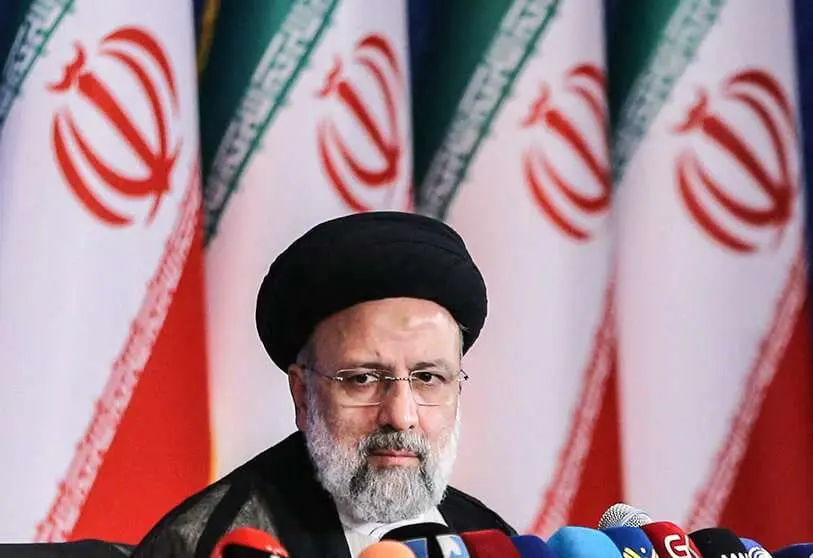UN calls for investigation into Ebrahim Raisi's "significant" involvement in 1988 massacre

Ebrahim Raisi's tenure as Iran's leader has not started off quietly - which is to be expected for Tehran. Less than two weeks after the ultra-conservative won the 18 June election, Javed Rehman, the UN human rights investigator in Iran, has called for an independent investigation into the state's execution of thousands of political prisoners in 1988. At the time, the now president was a deputy prosecutor and, according to Rehman, there is testimony and evidence collected over the years that could be of great relevance to this case.
"I think this is the right time, and it is very important now that Mr Raisi has become the (still elected) president, that we start investigating what happened in 1988 and the role of all the individuals," the UN investigator said. Clarifying this issue could be of great importance, not only for the new Iranian president, but also for all the families who suffered the consequences of the massacre and who will be able to learn more about what happened thanks to the investigation that the UN intends to launch.

The role of Raisi, who has already been described by many as fanatical and opportunistic, in the execution of thousands of prisoners is what is being sought to be clarified. However, the US has already imposed sanctions on the president-elect, accusing him of direct involvement in the killings as one of the four judges who oversaw them. According to Amnesty International, the number of victims linked to these executions during the massacre amounted to more than 5,000 people, although they pointed out that the real number could be even higher.
Although the United Nations expressed deep concern about the wave of executions of political prisoners in Iran between July and September 1988, the file was not referred to the Security Council and no action was taken by the UN Human Rights Committee. And now, some like Geoffrey Robertson, a former UN appeals judge and former president of the Sierra Leone war crimes tribunal, claim that "we have an international criminal as president... He is guilty of crimes against humanity, committed in late 1988 in the killing of thousands of prisoners".

Nor is this a new development in Iran's current affairs. A few months ago, in December 2020, Iranian opposition leader Maryam Rajavi called for an end to the immunity of Supreme Leader Ali Khamenei, then President Hassan Rohani and other leaders of the Iranian regime implicated in the massacre, as well as Ebrahim Raisi, head of the judiciary and now president-elect, intelligence chiefs, guard commanders and many officials and other elements of the regime. However, the petition did not achieve the success that the opposition knew from the outset would be difficult to achieve.
With the arrival of Ebrahim Raisi to power, it has been impossible to put aside one of the issues that, despite all that surrounds Iranian politics, continues to be of vital importance in the country's history. The United Nations intends to carry out an independent investigation that Tehran does not take kindly to. The secrecy that has always characterised Iran is another of the drawbacks that the UN will have to overcome if it really wants to carry out an investigation with real guarantees.

It will be difficult for the United Nations to deal directly with a character like President Raisi. A fanatic who, unsurprisingly, has the support of Supreme Leader Khamenei, and who will undoubtedly make the headlines in the international press in the coming years. Iran's already complicated situation, coupled with the presence of someone who is surrounded by many unknowns, is a clear sign that tranquility in Iran is far from being a reality.
Ali Reza Eshraghi, project director of the Middle East and North Africa division of the Institute for War and Peace Reporting, speaks of the secrecy surrounding him: "Who is he surrounding himself with? Who is he going to be working with? Who facilitated his accession to the presidency? Those are the most important questions. A country coupled with secrecy, with a president about whom little is known and an investigation that has been waiting years to be unearthed, suggests that the UN has a long and complicated job ahead of it.








